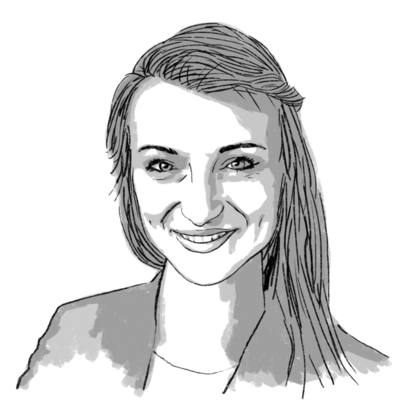Error loading media: File could not be played
00:0000:0000:00
00:00
 Eva Botkin-Kowacki
Eva Botkin-Kowacki
Most Americans can sing Woody Guthrie’s song “This Land Is Your Land.” But lately, some people have been living it.
With the US government partially shut down, most National Park Service employees have been furloughed, leaving still-open national parks and monuments largely unattended. Trash is piling up. Bathrooms are overflowing. And protected habitats are being trampled. In Joshua Tree National Park, visitors even strung Christmas lights on the iconic and delicate trees, normally off-limits to visitors. That park and others have been forced to close.
But, from the redwood forest to the gulf stream waters, a spirit of stewardship has emerged. Volunteers have arrived armed with cleaning supplies and a reverence for public lands.
Some have come alone. Others organized cleanup crews, coordinated supply drives, and reminded visitors to “leave no trace.” One group earned the nickname “toilet paper angels.” A national Muslim youth association mobilized members across the country to chip in.
For many volunteers, like Mike Skelton, who organized a cleanup crew for Yellowstone National Park, it’s a matter of civic duty.
“When it gets down to it,” Mr. Skelton told The New York Times, “it is our park and it belongs to all of us in this country.”
Now onto our five stories for today, highlighting a renewed commitment to voter rights in Missouri, a community effort to support children affected by the Flint water crisis, and the role of teamwork in helping newcomers to Spain feel welcome.

Our name is about honesty. The Monitor is owned by The Christian Science Church, and we’ve always been transparent about that.
The Church publishes the Monitor because it sees good journalism as vital to progress in the world. Since 1908, we’ve aimed “to injure no man, but to bless all mankind,” as our founder, Mary Baker Eddy, put it.
Here, you’ll find award-winning journalism not driven by commercial influences – a news organization that takes seriously its mission to uplift the world by seeking solutions and finding reasons for credible hope.
Explore values journalism About us